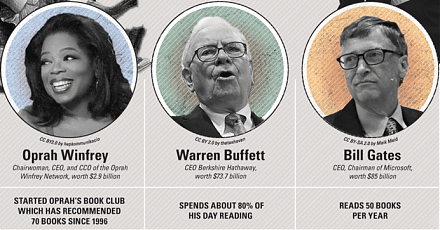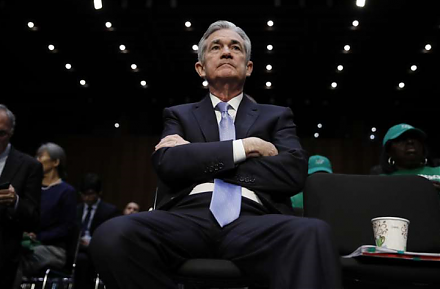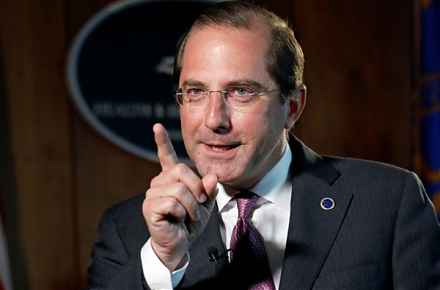

2018-06-09 16:40:00 Sat ET
technology antitrust competition bilateral trade free trade fair trade trade agreement trade surplus trade deficit multilateralism neoliberalism world trade organization regulation public utility current account compliance
The Trump administration introduces new tariffs on $50 billion Chinese goods amid the persistent bilateral trade dispute. The tariffs effectively boost costs and prices for American consumers and enterprises. The delivery company FedEx views U.S. tariffs on Chinese goods as *counterproductive to U.S. economic interests*. China counteracts these penalties by imposing 25% retaliatory tariffs on $50 billion U.S. farm imports such as beef, cotton, rice, soy, and wheat. This recent Sino-U.S. trade conflict may herald a new era of much greater trade protectionism.
The U.S. major stock indices S&P 500, Dow, and NASDAQ experience discernible losses in response to the core complex trifecta of Sino-U.S. trade tension, Federal Reserve second interest rate hike, and energy cost momentum. In addition to this negative U.S. stock market return performance, the greenback exhibits much more volatile near-term gyrations in the foreign exchange market. In a putative trade war, there are winners and losers; whereas, everyone suffers in a major trade conflict. Full-scale and all-out tit-for-tat would become a suboptimal approach to resolving the current bilateral trade imbalance.
It is important for each side to refrain from undertaking any unilateral actions to complicate the status quo. Both sides need to consider a better balance between carrots and sticks in addressing the Sino-U.S. trade dilemma.
If any of our AYA Analytica financial health memos (FHM), blog posts, ebooks, newsletters, and notifications etc, or any other form of online content curation, involves potential copyright concerns, please feel free to contact us at service@ayafintech.network so that we can remove relevant content in response to any such request within a reasonable time frame.
2019-05-17 15:24:00 Friday ET

A Harvard MBA graduate Camilo Maldonado shares several life lessons and wise insights into personal finance. People can leverage stock market investments an
2022-11-25 09:29:00 Friday ET

Uniform field theory of corporate finance While the agency and precautionary-motive stories are complementary, these stories can be nested as special cas
2019-11-19 09:33:00 Tuesday ET

American unemployment declines to the 50-year historical low level of 3.5% with moderate job growth. Despite a sharp slowdown in U.S. services and utilities
2019-10-31 13:38:00 Thursday ET

AYA Analytica finbuzz podcast channel on YouTube October 2019 In this podcast, we discuss several topical issues as of October 2019: (1)
2018-07-09 09:39:00 Monday ET

The Federal Reserve raises the interest rate again in mid-2018 in response to 2% inflation and wage growth. The current neutral interest rate hike neither b
2019-06-07 04:02:05 Friday ET

The world seeks to reduce medicine prices and other health care costs to better regulate big pharma. Nowadays the Trump administration requires pharmaceutic